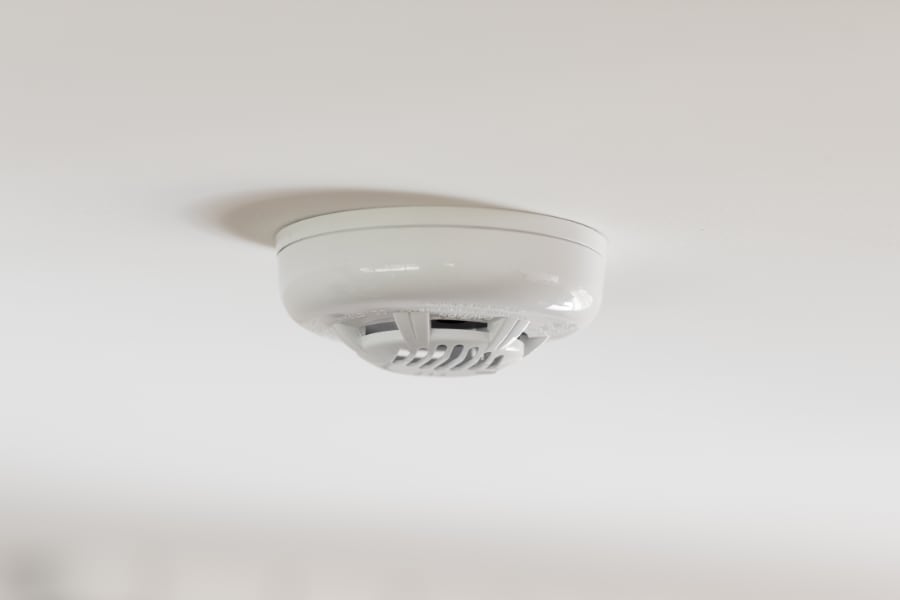Does A CO Detector Sense A Gas Leak In St. Louis

One of the responsibilities of being a homeowner is to protect you, your family, and your house from disasters like break-ins, floods, and fires. You will also fret about problems that might be in the air you breathe. When it concerns to these unseen threats, you could be thinking about if a carbon monoxide detector will find a gas leak in St. Louis.
The quick answer is "No," but carbon monoxide detectors are still a vital piece of your home's defense. Here's what you need to know when defending against gasses that could leak into your rooms.
Natural gas is not carbon monoxide
While natural gas and CO might be linked together, it's imperative to pick out the contrast between the two. A natural gas leak can spring up in a few places, most commonly where your supply line enters the home or around the place of your furnace. A leak should be seen as dangerous as natural gas is combustible, and there is a severe change of fires and explosions. Of course, you should notice leaks immediately because of a marker that makes the telltale rotten-egg odor. If you find the smell you you should get a hold of 911 directly and leave the house.
CO Is A Fragrance-Free, Invisible Menace To Your Life
Carbon Monoxide is a dangerous gas that's a byproduct of faulty burning of fuel. It generally shows up to your house with a faulty gas fireplace, furnace, or clothes dryer. While CO isn’t as excitable as natural gas, it is still dangerous. But the more urgent problem is to your health. CO won’t have the rotten-egg additives found in natural gas, so it's an odorless, invisitible "silent killer."
Carbon monoxide hinders your brain from getting the O2 it needs
After CO come into your lungs, it stops your cells from transporting the oxygen your body needs. Basically, CO can suffocate you, and it's extremely toxic to babies and children who breathe more rapidly and whose lungs are still developing. When you undergo carbon monoxide poisoning, you may get dizziness, headaches, nausea, and problems breathing. Prolonged exposure can lead to loss of consciousness or death.
CO detectors may be one of your most important safety devices
While a CO detector won’t sense a natural gas leak in St. Louis, it could protect your family by notifying you to this invisible and lethal byproduct. The biggest hazard happens at night when you sleep, as you likely won't realize what's happening. Of course, even if you're awake, you could not even notice that CO has invaded your house.
So look at a CO detector with the same frame of mind a fire detector. Install these disks higher up on the wall or ceiling as carbon monoxide is slightly lighter than air. Each level of your residence should use at least one detector. And it's highly suggested to place them by the bedrooms. And, you should check out your carbon monoxide detectors each month.
Pair your carbon monoxide detectors with your smart home
When you link your CO detector into your smart home security system, you put in another stage of safety. Not only will you enjoy accurate CO sensors, but you'll also smartphone notifications and a quick response from a 24/7 monitoring team. Monitoring is especially wanted with a carbon monoxide leak, as they’ll make sure the right people will arrive even if you can’t make it to the phone yourself.